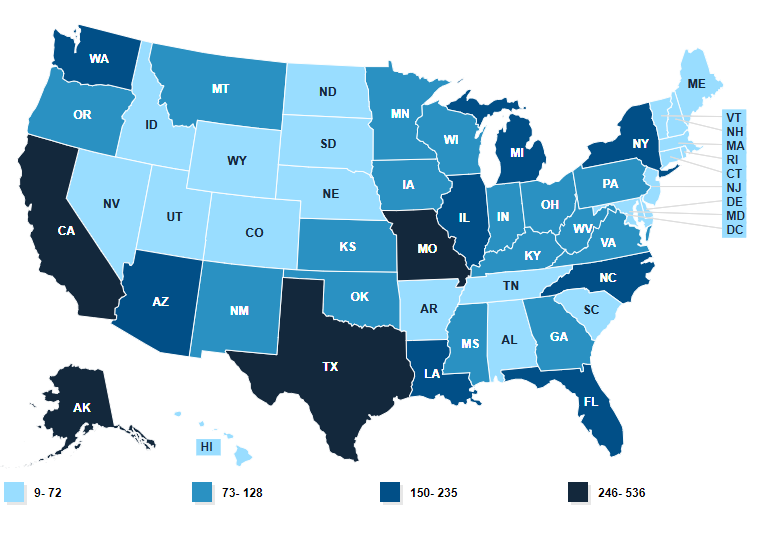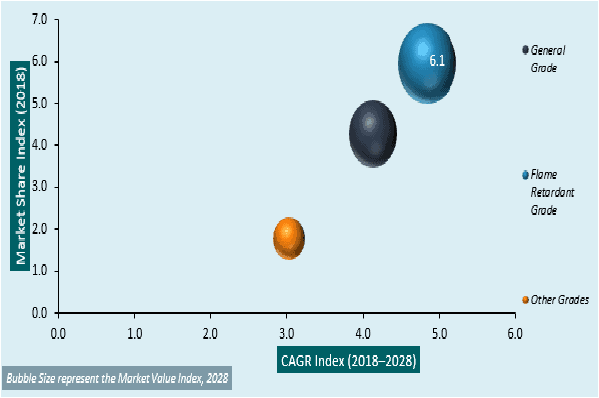Ghana's Mental Health System: Challenges And Solutions To The Psychiatrist Shortage

Table of Contents
The Current State of Mental Healthcare Access in Ghana
Access to mental healthcare in Ghana remains extremely limited, particularly in rural and underserved communities. This disparity is exacerbated by several factors:
-
Geographic Barriers: The vast distances between healthcare facilities and the dispersed nature of the population create significant access challenges, particularly for individuals in rural areas who may lack transportation or the financial means to travel to urban centers.
-
Stigma: The pervasive stigma surrounding mental illness in Ghana significantly hinders help-seeking behavior. Many individuals experiencing mental health challenges are hesitant to seek professional help due to fear of social isolation, discrimination, and judgment. This stigma further contributes to the underreporting of mental health issues and limits the demand for psychiatric services.
-
Inadequate Resources: Chronic underfunding and inadequate resource allocation for mental healthcare have resulted in a deficient system. This includes a shortage not only of psychiatrists but also of other essential mental health professionals, such as psychologists, counselors, and nurses specializing in mental health.
Key Challenges:
- Lack of trained mental health professionals (beyond psychiatrists).
- Insufficient infrastructure (hospitals, community centers with dedicated mental health units).
- Limited awareness campaigns and public education programs on mental health issues, perpetuating stigma and hindering help-seeking behavior.
Analyzing the Root Causes of Ghana's Psychiatrist Shortage
The insufficient number of psychiatrists in Ghana stems from a complex interplay of factors:
-
Limited Training Opportunities: The lack of robust training opportunities and educational programs in psychiatry contributes directly to the shortage. This includes inadequate medical school training in psychiatry and a limited number of psychiatry residency positions. Furthermore, specialized postgraduate training programs in various areas of psychiatry are scarce.
-
Brain Drain: The emigration of trained professionals to countries offering better salaries, working conditions, and career prospects contributes significantly to the shortage. Ghana's healthcare professionals, including psychiatrists, seek opportunities abroad, depleting the already limited pool of talent within the country.
-
Limited Career Incentives: Low salaries, poor working conditions, and a lack of career advancement opportunities within the Ghanaian healthcare system make psychiatry an unattractive career choice for many aspiring medical professionals.
Contributing Factors:
- Inadequate medical school training in psychiatry (limited curriculum time, lack of specialized faculty).
- Low number of psychiatry residency positions compared to the population’s needs.
- Lack of postgraduate training programs in specialized areas of psychiatry (e.g., child and adolescent psychiatry, geriatric psychiatry).
Potential Solutions to Bridge the Gap in Psychiatric Care
Addressing Ghana's psychiatrist shortage requires a multi-pronged approach focusing on education, investment, and improved access:
-
Investment in Training and Education: Increased funding for psychiatric training and education is crucial. This includes scholarships for psychiatry students, the establishment of more psychiatry residency programs, and enhanced postgraduate training opportunities.
-
Improved Compensation and Incentives: Attracting and retaining psychiatrists requires competitive salaries, improved working conditions, and enhanced career progression opportunities. Government initiatives are needed to address these crucial issues and make psychiatry a more appealing career choice.
-
Expanding Access through Telehealth: Telehealth platforms can significantly improve access to psychiatric care, particularly in remote areas. Utilizing technology allows for remote consultations, therapy sessions, and even remote monitoring of patients, bridging geographical barriers.
-
Community-Based Mental Health Programs: Involving community health workers in mental healthcare delivery can extend the reach of services and address the stigma associated with mental illness. These workers can provide basic mental health support, facilitate early intervention, and refer individuals to specialist care when necessary.
Strategic Interventions:
- Scholarship programs for psychiatry students from underprivileged backgrounds.
- Establishment of more psychiatry residency programs in collaboration with universities and hospitals.
- Government initiatives to improve working conditions, including providing housing and transportation allowances.
- Partnerships with international organizations for training, resource provision, and capacity building.
The Role of Technology in Improving Mental Healthcare Access
Technology offers powerful tools to overcome geographical barriers and improve access to mental healthcare in Ghana.
-
Telepsychiatry: Telepsychiatry platforms can facilitate remote consultations between psychiatrists and patients, enabling individuals in rural areas to access specialized care without lengthy travel.
-
Mental Health Apps: Mobile applications offer self-assessment tools, educational resources, and support networks, empowering individuals to manage their mental health effectively.
-
Online Training: Online training programs can enhance the capacity of existing mental health professionals and expand training opportunities for aspiring professionals, even in remote areas.
Technological Solutions:
- Telepsychiatry platforms utilizing secure video conferencing and electronic health record systems.
- Mental health apps offering self-help tools, coping mechanisms, and access to peer support groups.
- Online continuing medical education (CME) courses for mental health professionals to enhance skills and knowledge.
Conclusion: Overcoming Ghana's Psychiatrist Shortage for a Healthier Future
Ghana's psychiatrist shortage poses a significant challenge to the nation's mental health system. Addressing this crisis requires a concerted effort involving increased investment in training, improved compensation and working conditions for psychiatrists, expansion of telehealth services, and the integration of technology and community-based approaches. By tackling these challenges proactively, Ghana can significantly improve access to quality mental healthcare and create a healthier future for all its citizens.
We urge you to learn more about the issue and support organizations working to improve mental healthcare in Ghana. Advocate for policy changes that address Ghana's psychiatrist shortage and promote greater access to mental health services for all Ghanaians. [Insert links to relevant organizations and resources here]. Accessible and quality mental healthcare is not just a necessity—it's fundamental to building a healthier and more prosperous Ghana.

Featured Posts
-
 Farages Jimmy Savile Remark Public Reaction And Political Fallout
May 03, 2025
Farages Jimmy Savile Remark Public Reaction And Political Fallout
May 03, 2025 -
 Inclement Weather Friday School Schedule And Trash Service Affected
May 03, 2025
Inclement Weather Friday School Schedule And Trash Service Affected
May 03, 2025 -
 Saudi Abs Market Transformation Impact Of A Key Regulatory Shift
May 03, 2025
Saudi Abs Market Transformation Impact Of A Key Regulatory Shift
May 03, 2025 -
 Tulsa Braces For Record Cold Extended Snow Melt Delay
May 03, 2025
Tulsa Braces For Record Cold Extended Snow Melt Delay
May 03, 2025 -
 Rust Film Review A Balanced Perspective On The Project
May 03, 2025
Rust Film Review A Balanced Perspective On The Project
May 03, 2025
